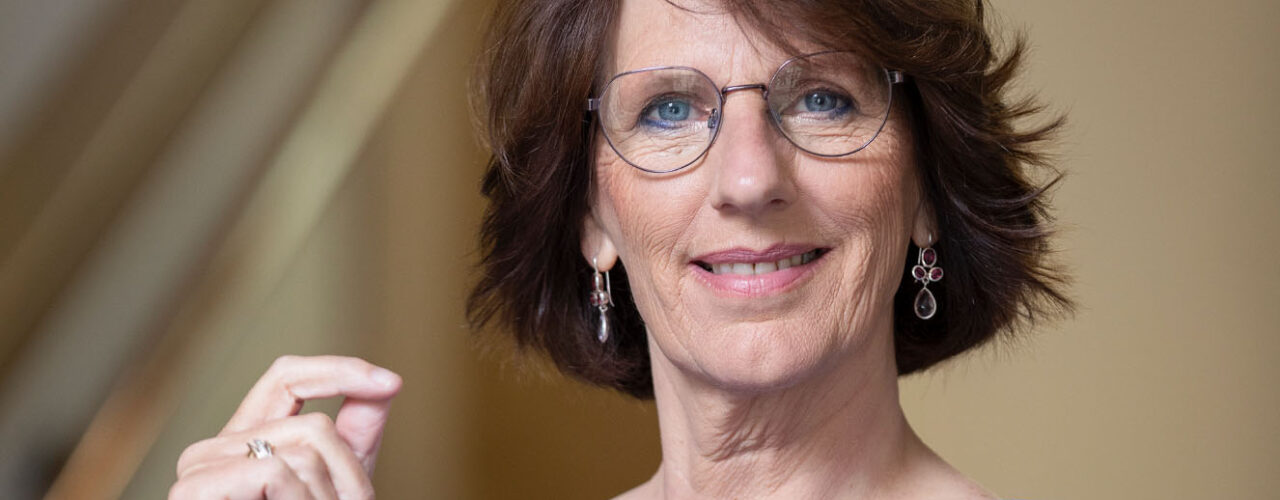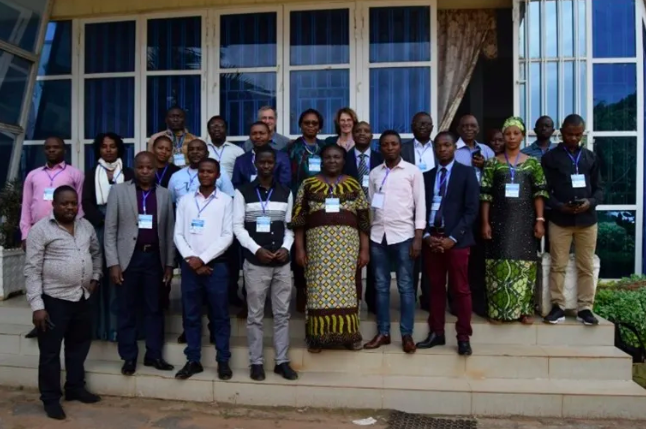
Humanitarian studies
Many people see humanitarian studies as the study of international humanitarian action. A long time ago, I decided not to go along with this line of thought. In fact, I even find it somewhat limiting and I am convinced that people should learn to see things in a broader context. I prefer the definition of humanitarian studies as the study of societies and communities as a whole, including the people that are primarily affected by humanitarian crises due to disasters, conflicts, political upheavals, and refugee issues. If you take a whole community as a starting point, it will give you a very different focus and, as a result, it changes your view on international aid. I have always been interested in what people do during and after a disaster hits them. How did they survive? How did they find help or did they help each other? What was the role of the government during and after the disaster happened? As far as I am concerned, only after that, international aid comes into the picture.
I have been working on this since 2009, but I see that many are still stuck in an old mindset. On the other hand, there is also resonance with this new line of thinking, even if it is slow. However, I do think that this shift is crucial. When you look at the big issues of our time, such as climate change and migration, you are at the heart of humanitarian studies. How do you deal with that? What can you do? How do you capture it?
In the early 2000s, the humanitarian field was very self-centered, and that radiated into academic thinking. Having a background in development studies, I naturally moved away from that. A trend is (slowly) emerging to put societies at the centre, not aid organizations. I’m capitalizing on that with the creation of Humanitarian Observatories. In this fairly new concept, people come together in different contexts to talk about issues and see what they can learn and understand from each other.

When you look at the big issues of our time, such as climate change and migration, you are at the heart of humanitarian studies. How do you deal with that? What can you do? How do you capture it?
Do you already see shifts in scientific thinking around humanitarian action?
Yes, but not at the rate you would like or hope. I do see changes in talking about and studying humanitarian action – it is less focused on international organizations. The question that still remains is: is it really changing or is it old wine in new bottles?
You seem to do so much. What in your work are you passionate about?
I think I suffer a bit from the fact that I think many different things are important. I’m very broad-minded and I enjoy that, but with the downside being that I don’t specialize. What I end up getting most excited about are initiatives from affected countries, such as the Humanitarian Observatories discussed earlier. Similarly, I get excited about initiatives where humanitarian organizations work together in order to gain more knowledge, get opinions, and do advocacy. For me, those are the things I like to get involved in.
Spinoza prize
Recently, Thea Hilhorst won the Spinoza Prize. The jury praised her role in developing the field of humanitarian studies, the relevance of her work and her social commitment. She received 2.5 million euros as part of the award which she will spend on academic and applied research.

What happened after you won the prize?
The jury report stated very clearly that they see me as a pioneer of humanitarian studies. That was very important for me, because it shows that, first of all, they recognise it is a field of study and, secondly, they see it’s importance as a field of study. Therefore, I decided to establish a centre to advance this field: the Humanitarian Studies Center (HSC). We aim to do this in different ways. In the Humanitarian Studies Center we do research, training, education, communication, lobbying, advocacy, and try to get grants.
The HSC does not everything itself, but shares space with the International Humanitarian Studies Association (IHSA) and KUNO – the Platform for Humanitarian Knowledge Exchange in the Netherlands. KUNO is at the forefront of one of the aspects we value: knowledge exchange, which is crucial to the succes of HSC.
KUNO is at the forefront of one of the aspects we value: knowledge exchange, which is crucial to the succes of HSC.
What can the HSC bring?
As we speak, it already is a very vibrant community where people come together to think critically. It’s a nice trend. Currently, we already have quite a large team. We have a big network around it, within The Hague at the Institute of Social Studies where we are based, in the Netherlands and internationally.
What are your hopes for the coming years when it comes to developments within humanitarian aid?
I hope that we find ways to deal with the effects of climate change in a more humane way. I also hope that we become even more engaged in trying to prevent conflicts or find quicker solutions to long-term problems. I see that time and time again where conflicts undercut so much development. Lastly, and quite importantly, a humane solution to migration.
These are not small wishes, but I can’t make it smaller because, after all, these are the issues we face as a world and will continue to face.
These are not small wishes, but I can't make it smaller because, after all, these are the issues we face as a world and will continue to face.
About Thea Hilhorst
Thea Hilhorst is currently a professor of humanitarian studies at the International Institute of Social Studies (ISS), part of Erasmus University. She is an expert in development in areas affected by disaster, conflict or fragility. With a special focus on aid-society relations, she looks at the impact of humanitarian aid on society and the ways in which people and institutions shape the organization of aid relations. Recently, she was awarded the Spinoza Prize with which she is establishing the HSC – Humanitarian Studies Centre at ISS.
Date: 15th of August 2023
Author: Marianne Sijtsma
